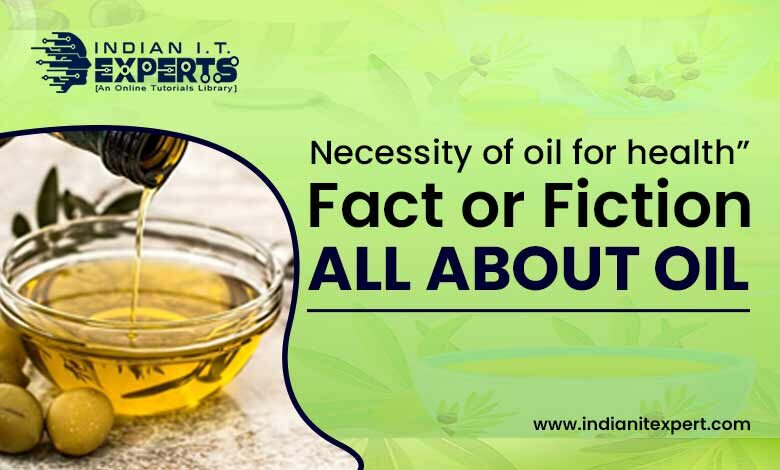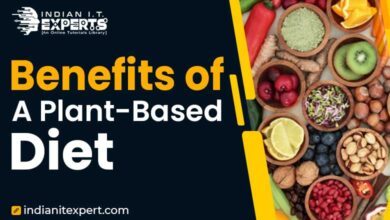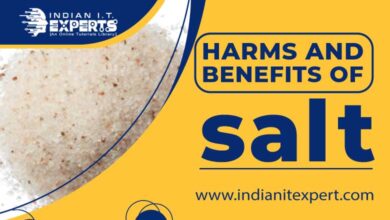“Necessity of oil for health” Fact or Fiction….All about oil

Oily food is the favourite food of every tongue but what about the favourite food of the body. So let me know the “Necessity of oil for health” Fact or Fiction….All about oil. Now you understand the value of good health as we all are facing the problem of the pandemic COVID 19. Yes, friends today I am going to tell you everything about the oil necessity for our health. Whenever there is a talk about oil then maximum people think that oil will make them obese and they try to not consume the oil.
Oil is very necessary for our body but the human body must consume the food according to their body type. Oil is the necessity of the body, not a favourite. Thus, which type of oil and right ways and the right quantity of oil for the body is necessary? You will know all necessary things about oil-like, what are the health benefits of olive oil, healthy oil cooking chart, fats, and oils contain a mixture of, comparison of fats and oils, why it is important to consume oils, monounsaturated oils, refined oil side effects, sunflower oil calories, coconut oil health benefits, etc. in this blog. So let’s start oil’s journey.
“Necessity of oil for health” Fact or Fiction, before knowing about it you should know about everything about oil like source, harms, and benefits.
Table of Contents
Definition of oil
Oil is a fat part of animal, plant, or synthetic mostly in liquid form used to fry or sauté the dishes. It’s also used for baking, roasting, grilling, stir-frying, etc. There are other ways to use oil like for flavouring; salad dressings, bread spreading, etc. cooking oil is generally in liquid form but in some oil is solid too.
Animal and plants are the two main sources of oil and these are beneficial if consume in an appropriate quantity. Some oil should consume directly as salad dressings, bread spreading, etc. because it’s lost its nutritive value while heating. Thus, it’s necessary to know which oils are for frying, and which oils are for dressings, spreading, or coating.
Check Also:
- How to Prepare for Telephonic Interview | Interview Tips
- Keep These 6 Things in Mind During a Job Interview
- Best Part-Time Jobs for College Students in Delhi
- How do You Get a Job in AI Without a Degree?
- Top 10 Highest-Paying Private Jobs in India
What are the Sources of oil?
1. Plant’s fats or vegetable oils
Oil extracted from plants, usually from plants’ seeds is plant-based oil. Plants are the source of many types of oils such as palm oil, soybean oil, peanut oil, olive oil, and other vegetable oils. People use maximum plant oils for cooking and frying.
- Animal fats
The fat we get through animals is called animal fats. These are in solid-state at room temperature but while heating these become liquid. Most saturated fats are animal fats. Animal fats are extracted from many parts of their body. Fats are found in high-fat meats and dairy products. Dairy products are also popular animal fat and oil products such as cheese, butter, and milk. Fish is the best source of fish oil. Fish oil contains omega 3 fatty acids which is most beneficial for our body.
“Necessity of oil for health” Fact or Fiction
Fat is the necessity of our body, not the choice. As healthy food is liked by our body but junk food is liked by our tongue. Junk food is to satisfy our tongue so that it can make our brain calm. But in reality, junk food harms our tongue, brain, and all parts of the body. Healthy food generally is not liked by tongue but healthy food is best for our whole body.
Friends the summary is we have to sacrifice our likes in front of our needs and the same way our body does. Fat provides energy to work and our body requires it. The only good fat inappropriate amount provides energy but bad fat harm our body and it is the cause of many dangerous diseases. Even somebody’s functions depend on the fat to work. Like some vitamins need fat to dissolve in the bloodstream to provide nutrients to the body.
Summary of “Necessity of oil for health” Fact or Fiction is we need fat but good fat inappropriate amount only.
Let’s know about the good fat and bad fat
1. What are the good fats?
There are two types of fats good for the human body, Monounsaturated fat, and polyunsaturated fat. These are the best for our heart health.
A variety of foods and oils are the sources of monounsaturated fat. This fat manages the cholesterol level in the body and lowers the risk of cardiovascular disease. The best sources of this fat are nuts, vegetable oils, peanut butter, almond butter, etc.
Polyunsaturated fat is the need of the human body as it can’t make this fat self. A variety of Plant-based foods and oils are the source of this fat. This fat helps in lowering the cholesterol level and helps to lower the risk of heart disease. We can get this from vegetarian and non-vegetarian sources. Like flax seeds walnuts and fish, etc.
- What are the bad fats?
There are two types of bad fats, Trans fat, and Saturated fat. These fats are solid at room temperature and have been identified as harmful to health.
Animals are the maximum source of saturated fats. These fats get from high-fat meats and dairy products. These fats increase the level of bad cholesterol and a high risk of heart disease. The sources of saturated fats are high-fat meats like lamb, goat, beef, cheese, butter, ice cream, etc.
Trans fat is processed fat which is very harmful to health. These fats are made from oils extracted from plants like sunflowers, soybeans, etc. while processing these fats the nutrients are also processed and covert into bad fats. These are the most harmful fat for the human body. These are present in fried foods, cakes and cookies, buttery popcorns and baked foods, etc.
Both saturated fat and Trans fat high the level of bad cholesterol (LDL) and affect good cholesterol (HDL). Bad fats cause harmful health effects and may include heart disease and other dangerous diseases.
Conclusion
The necessity of oil for health is fact and fiction too. Like good oils are the necessity of facts and bad oils are fiction. Good oil works as a fuel as it contains energy for the body. Bad oil work as a traffic jam for our bloodstream and increase the risk of heart disease and other deadly diseases too. Good fats are needed for our body but then too you should take less quantity as all fats are high in calories.
Monounsaturated and polyunsaturated fats are good fats and saturated and Trans fat is bad fats. Good fats help to manage the cholesterol level and lower the risk of heart diseases but bad fats increase the cholesterol level and high the risk of deadly diseases. It’s the best way to take good fats and live a healthy life. I hope this topic is very useful for you all as about knowing the fat you can manage fat in your diet. Thanks for supporting me. If you have any queries regarding the blog then feel free to write in the comment section. Till then bye and take care.
FAQs:
-
Is oil necessary for health?
Your body needs less amount of fat that is present in the oil. Fat is necessary as it helps to consume some vitamins and also provide energy to work.
-
Is cooking oil a necessity?
Yes, cooking oil a necessary but in a very less amount
-
Which oil is used for health?
Most experts advised for Olive oil is used for health, but as per my research, you should take local oil as per your area weather conditions in less amount.
-
What is the purpose of oil in the body?
Oil work as a lubricant for your body, and help to consume some vitamins A, D, E and K, to store them in your body.
-
What is the harmful effect of cooking oil?
Re-heated oil is always harmful as it rises free radicals in the body, which can cause inflammation. Re-heated oil is of most cause of diseases like, obesity, heart disease, diabetes, etc. also it affects our immunity and make us prone to many infections.
-
What is the side effect of refined oil?
Natural oil is refined by processing, and filtering to make it cooking oil. And due to this manufacturers use several chemicals and preservatives which are harmful to everyone. Thus, it causes many diseases like headache, constipation, joint pain, nausea, diarrhoea, acne, etc.




